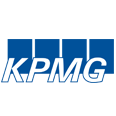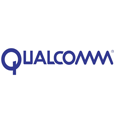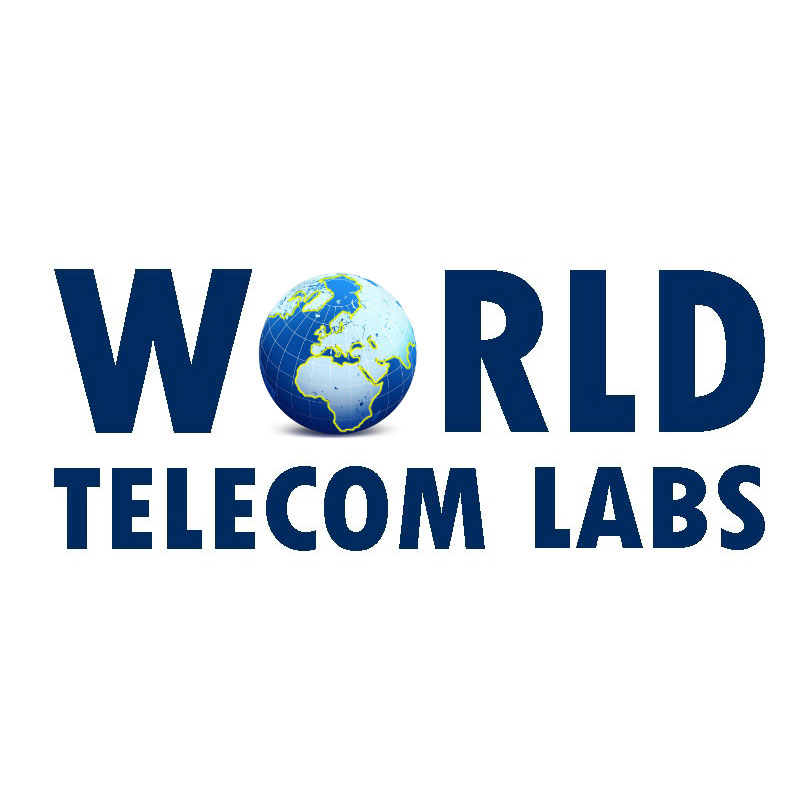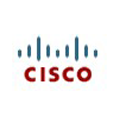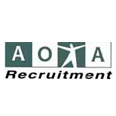Huawei has remained strong in the South African smartphone market over the past year, despite facilitating a change from a Google-based ecosystem amidst the sales anomalies caused by the COVID-19 pandemic.
Huawei CBG South Africa CTO Akhram Mohamed told MyBroadband that the local reception to Huawei smartphones which run the Android OS based on HMS (Huawei Mobile Services) instead of GMS (Google Mobile Services) has been better than expected.
“We were a bit overwhelmed – it is better than expected,” Mohamed said.
“Going into a new ecosystem is going to be challenging for any brand. We were reserved in terms of what the response would be like.”
He noted that globally, AppGallery – Huawei’s mobile app store – saw 261 billion app downloads in the last year alone, but said Huawei’s local strategy was key to its good reception in South Africa.
“In the South African market, we tried to localise and provide use cases for local developers and consumers,” Mohamed said.
“We did really well with pushing content to AppGallery.”
Many of the applications which are popular in South Africa have been ported over to AppGallery for HMS smartphone users, and those which are not yet available directly through the store can be acquired in other ways.
For example, searching for the WhatsApp application on AppGallery does not bring up a listed app, but instead redirects users to WhatsApp’s own download portal, where they can get the app directly from the company.
“The majority of the applications that are important for local consumers have been onboarded,” Mohamed told MyBroadband. “Apart from that, we have solutions where if it is not onboarded on AppGallery there is a way to download them.”
Huawei smartphone sales and market position
When asked about the performance of the company’s new HMS-powered smartphones, Mohamed said that considering the pandemic and global supply issues, their sales performance has been impressive – particularly with regards to adoption of the new operating system.
“We find that at the moment, over 40% of all our smartphones sold in South Africa are HMS-based,” he said.
“We see that by the end of the year it is going to be more like 80%.”
“That is a direct testament to consumer confidence because the numbers would have never been that high if consumers did not trust and support the Huawei brand.”
He noted that Huawei’s first sales only really started in around May this year with its Y Series, and then the country was hit with lockdown and the subsequent economic challenges.
Huawei’s flagship P Series smartphones have once again performed well in South Africa, with Mohamed stating in the first month of sales, the P40 Series exceeded the sales of the P30 Series over the same period by 200%.
“When you are looking at the $100-and-above bracket in South Africa, we are still maintaining our position in terms of the dominance of the market share in that space,” he said.
“Of course, it could have been better if we did not have the pandemic and the lockdown that came with it, but under the circumstances and considering those challenges and the interruption of global supply chains, I think it is a huge positive.”
Huawei has also measured the satisfaction rate on HMS devices in South Africa to gauge market response, and it has recorded this figure at just over 98%.
Plans for HMS in South Africa
The next stage of Huawei’s local strategy when it comes to its new HMS and AppGallery ecosystem is to focus even more on localisation and the development of South African talent.
“The initial plan for us was to be able to cater to the demands of existing and new users,” Mohamed said.
“The first aspect of that was to say: ‘what are the common apps and how do we get them on board?’, and we have been doing extremely well in that.”
“The next stage is going to be the real localisation plans we have, which is how we adapt and customise the existing app experience for the South African user and give benefit to South African developers,” he said.





